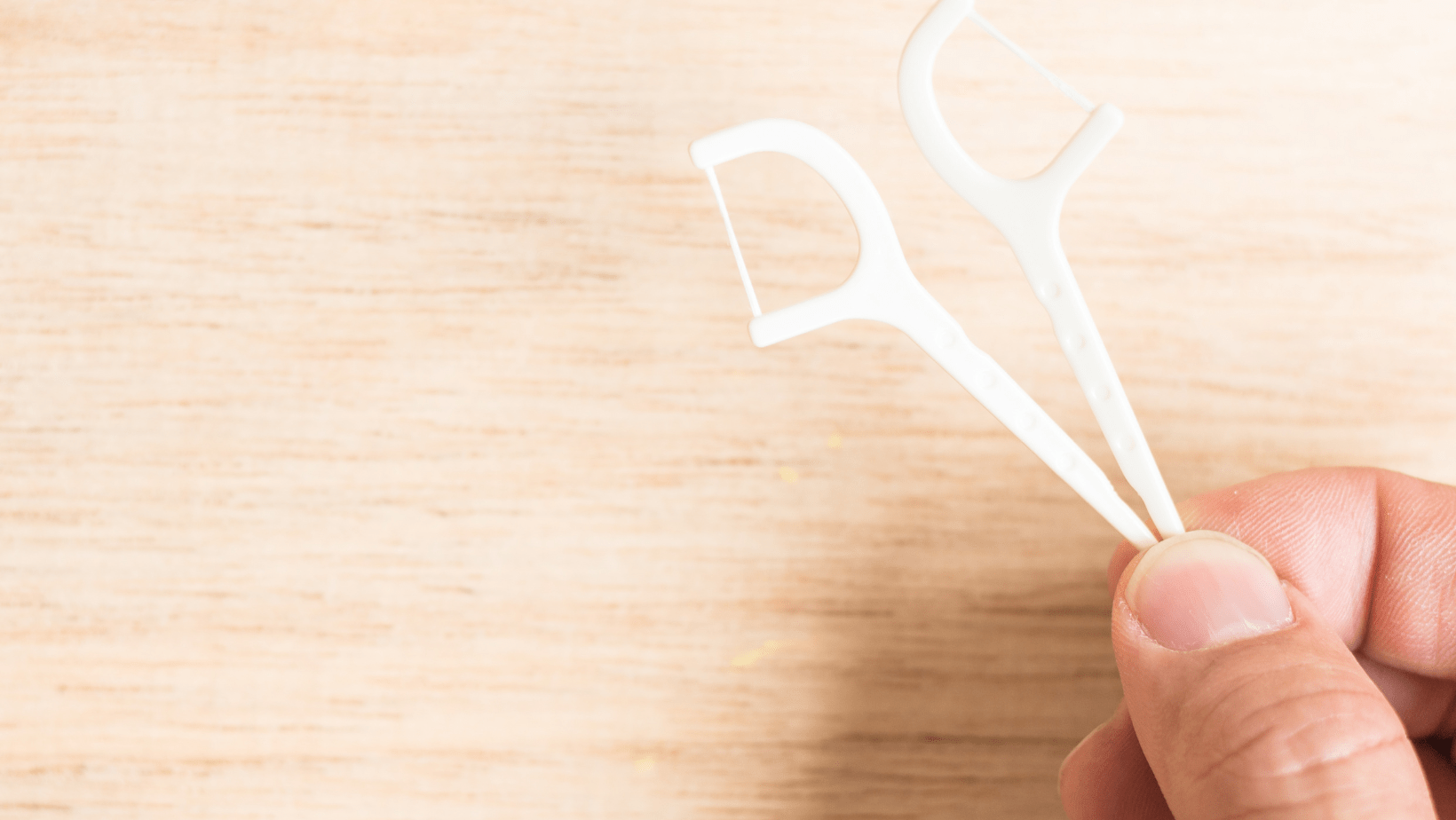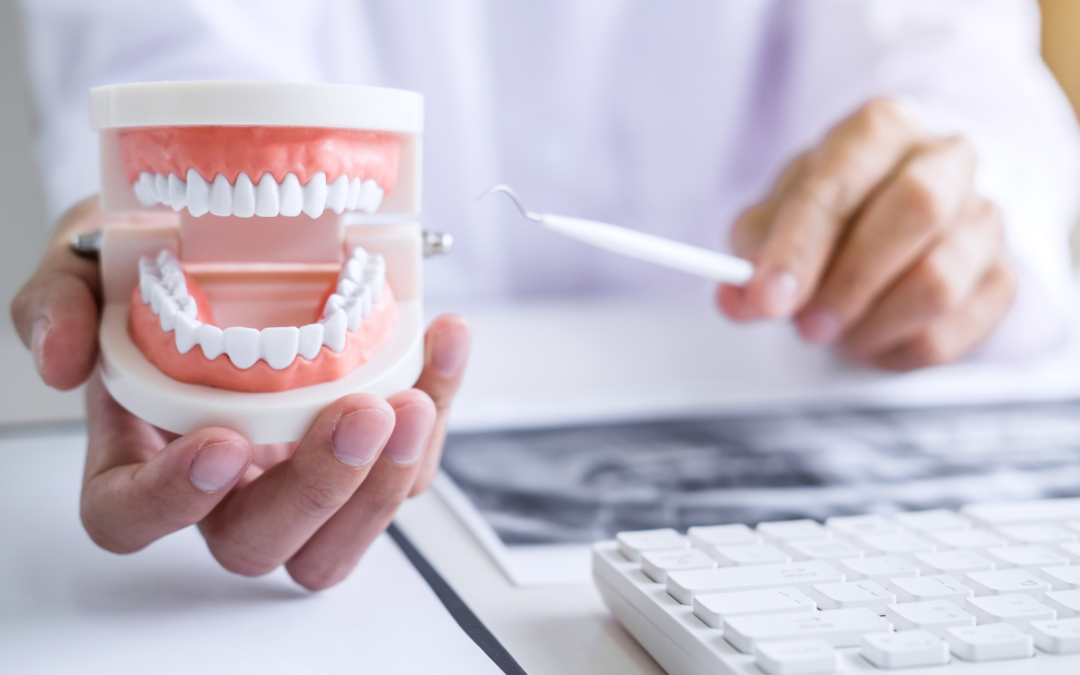Oral care is an important part of your overall health, yet it can easily let your dental hygiene slip. Fortunately, you can follow many simple tips to keep your teeth and gums healthy. This article will discuss twenty-one of the most effective tips for streamlining your oral dental care.
After reading this article, we hope you will be inspired to take better care of your oral health and see noticeable improvements in your overall well-being.
1. Spit, Don’t Rinse, After Brushing.
Toothpaste residue is left behind on your teeth and gums when you brush your teeth. This residue is important for protecting your teeth against cavities and gum disease. If you rinse immediately after brushing, you will remove this beneficial residue. Instead of rinsing, simply spit the excess toothpaste into the sink.
2. Use Bamboo Toothbrush.
Bamboo toothbrushes are more environmentally-friendly than plastic toothbrushes. They are also just as effective at cleaning your teeth. Bamboo toothbrushes have soft bristles that are gentle on your gums. They are also bio-degradable, so you can feel good about not adding to the plastic pollution problem. Check out the Adult Toothbrush 5PCS/LOT N-amboo Bamboo Toothbrush for a taste of bamboo power.
3. Use an Electric Toothbrush.
Electric toothbrushes are more effective at cleaning your teeth than manual toothbrushes. They can remove plaque and bacteria that manual brushing can miss. Electric toothbrushes also save you time by doing a better job of cleaning your teeth in less time.
4. Don’t Forget to Brush Your Tongue.
Your tongue can harbor bacteria that can lead to bad breath and gum disease. To keep your tongue clean, use a tongue scraper or your toothbrush to brush the surface of your tongue gently.
5. Use Fluoride Toothpaste.
Fluoride is a mineral that helps to prevent cavities and strengthen tooth enamel. Look for a toothpaste that contains fluoride, and make sure to use it every time you brush your teeth.
6. Floss Every Day.

Flossing removes plaque and food particles from between your teeth, which your toothbrush cannot reach. Make sure to floss at least once a day, preferably at night, before bed.
7. Use a Mouthwash.
Mouthwash can help to remove plaque and bacteria from your mouth, as well as freshen your breath. Look for a mouthwash that contains fluoride for an extra cavity-prevention boost.
8. Visit the Dentist Regularly.
Even if you brush and floss every day, it’s important to visit the dentist regularly for professional cleanings and checkups. Most dentists recommend visiting every six months, but depending on your oral health, you may need to visit more or less often depending on your oral health.
9. Watch What You Eat and Drink.
Sugary and acidic foods can damage your tooth enamel and lead to cavities. To protect your teeth, limit sugary snacks and drinks, and brush your teeth soon after eating or drinking them.
10. Don’t Smoke.
Smoking is bad for your oral health and can lead to gum disease, cavities, and even oral cancer. If you smoke, try to quit as soon as possible. Many resources are available to help you quit, including nicotine replacement therapies and counseling.
11. Protect Your Teeth From Injury.
Wear a mouthguard if you play sports or participate in other activities that could lead to a dental injury. Mouthguards are available at most sporting goods stores, or your dentist can custom-make one for you.
12. Be Gentle on Your Teeth and Gums.
Brushing too hard can damage your tooth enamel and irritate your gums. Use a soft-bristled toothbrush and gentle circular motions when brushing.
13. Don’t Use Your Teeth as Tools.
Your teeth are not meant to be used as tools, yet many use them to open packages, remove tags from clothing, and do other tasks that can damage their teeth. If you need to open something with your teeth, be careful not to apply too much pressure.
14. Wear a Mouth Guard at Nighttime.
If you grind your teeth at night (a condition called bruxism), wearing a mouthguard can help to protect your teeth from damage. Your dentist can fit you for a custom-made mouthguard, or you can purchase one at most drugstores.
15. Talk to Your Dentist About Your Fluoride Needs.
If you live in an area with fluoridated water, you may not need to use fluoride toothpaste or mouthwash. However, if you live in an area with non-fluoridated water, your dentist may recommend using fluoride products to help prevent cavities.
16. Ask Your Dentist About Teeth Whitening.
If you are interested in teeth whitening, talk to your dentist about your options. Many dentists offer professional teeth whitening treatments that are more effective than over-the-counter products.
17. Avoid Teeth Grinding.
Teeth grinding (bruxism) is a condition that can damage your teeth and cause jaw pain. If you think you may be grinding your teeth, talk to your dentist so they can help you find ways to stop.
18. Consider Dental Implants.
Dental implants are artificial tooth roots that are surgically implanted into the jawbone. Once the implants have healed, they can be used to support a dental crown, bridge, or denture. Implants are an effective way to replace missing teeth and can help to improve your oral health.
19. Drink Plenty of Water.
Water is essential for good oral health. It helps to wash away food and bacteria, and it also helps keep your mouth hydrated. Make sure to drink plenty of water throughout the day, and avoid sugary drinks like soda and juice.
20. Be Aware of Oral Health Problems.
Oral health problems like gum disease and oral cancer can develop without any symptoms, so it’s important to be aware of the signs and symptoms of these conditions. If you notice anything unusual, make an appointment to see your dentist as soon as possible.
21. Practice Good Oral Hygiene Habits.
The best way to keep your mouth healthy is to practice good oral hygiene habits every day. By brushing, flossing, and visiting the dentist regularly, you can help to prevent cavities, gum disease, and other oral health problems.
Final Thoughts
Maintaining good oral health is important for both your physical and mental wellbeing. By following these tips, you can help to keep your mouth healthy and avoid problems like cavities, gum disease, and bad breath. Remember to brush twice a day, floss daily, and see your dentist regularly for checkups and cleanings. If you have any concerns about your oral health, talk to your dentist. They can help you find the best ways to care for your teeth and gums. Thanks for reading.


